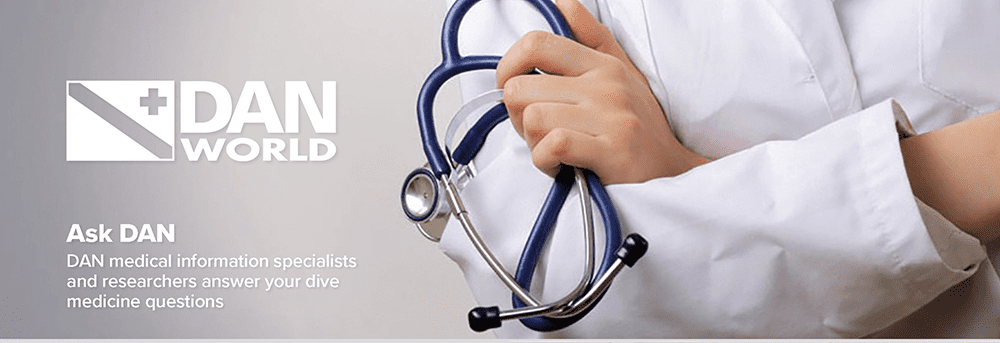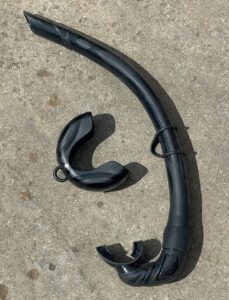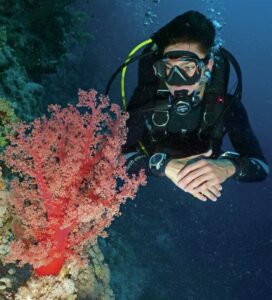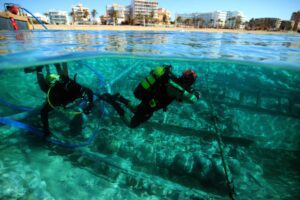A concern regarding the Valsalva manoeuvre and air coming out of the tear duct while equalizing pressure during diving.

About six weeks ago, I did the Valsalva manoeuvre to clear my ears after getting off a plane and noticed air coming out the inner corner of my right eye, seemingly from the tear duct. Since then, I can feel a puff of air coming out of that spot whenever I blow my nose. I have no other symptoms, but is this anything to be concerned about when I go diving?
What you describe seems to be air passing through your nasolacrimal duct when blowing your nose or trying to equalise by using the Valsalva manoeuvre. This phenomenon is not uncommon, and some people experience it when they try to equalise too forcefully. You may be executing the Valsalva manoeuvre with too much force. Equalisation should be a gentle and easy process with minimal effort.
While it may feel odd or tickle slightly, you should not have any issues from diving. There is a possibility of infection from forcing mucus from the nasal passage into the nasolacrimal duct.
We recommend consulting a local ear, nose, and throat (ENT) specialist about your concerns. Knowledge of dive medicine is unnecessary as this is a common problem that happens to many people, including nondivers.
A question about the safety of diving after undergoing brain surgery and having part of the skull replaced with mesh.
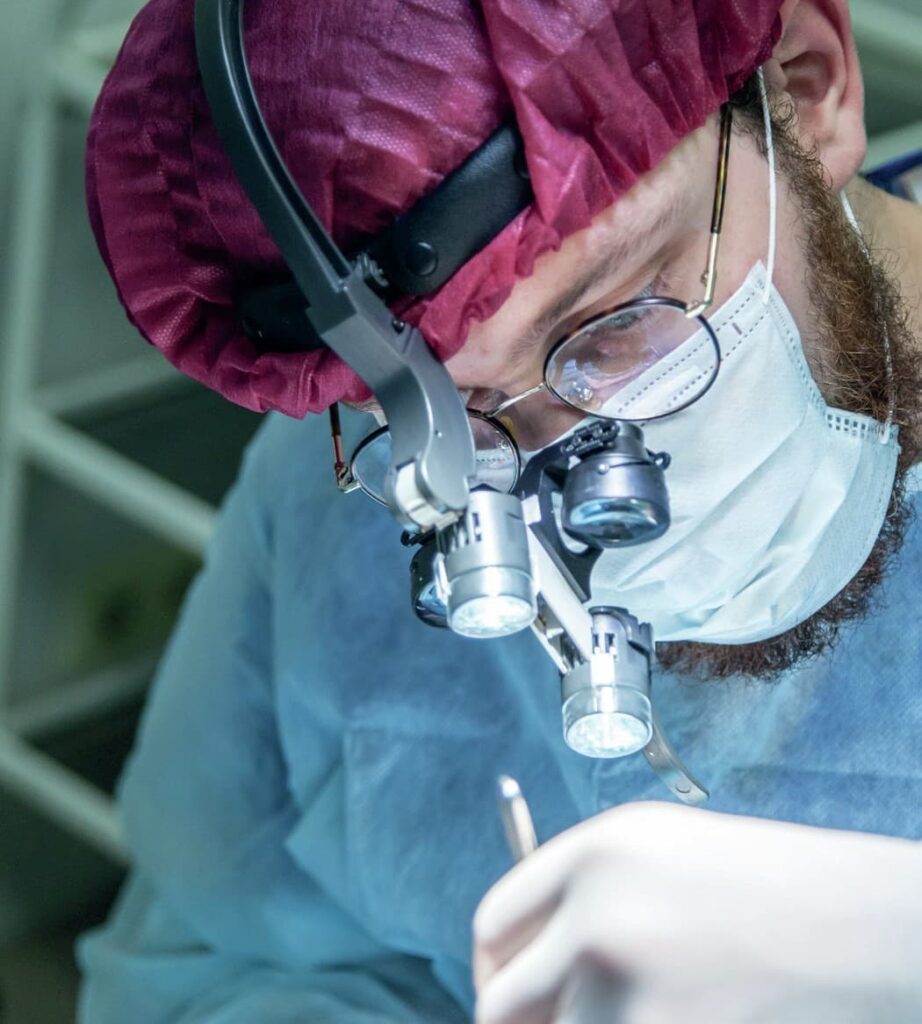
I recently underwent brain surgery. The surgery was successful, but now part of my skull has been replaced with mesh. My neurosurgeon is brilliant but does not know how the surgery may affect my diving. Am I still able to dive? Should I limit myself to a certain depth, or should I only snorkel?
While your surgery was successful, returning to diving after this type of surgery may or may not be possible. Clearing someone for diving following brain surgery is a delicate process, and each person needs to be assessed on a case-by-case basis. After any brain surgery, there is a minimum convalescent period that you must observe before considering diving due to an elevated risk of seizure. A seizure in the underwater environment is often fatal, and any increased risk of seizure activity is an absolute contraindication to diving.
As you mentioned, your surgeon may not be familiar with diving and dive medicine. We regularly provide consultations for physicians and encourage medical providers to reach out to us individually to discuss their questions. We are happy to provide information and recommendations so your doctors can make informed decisions about your fitness to dive. Visit World.DAN.org for more
This article was originally published in Scuba Diver ANZ #51
Subscribe digitally and read more great stories like this from anywhere in the world in a mobile-friendly format. Link to the article
